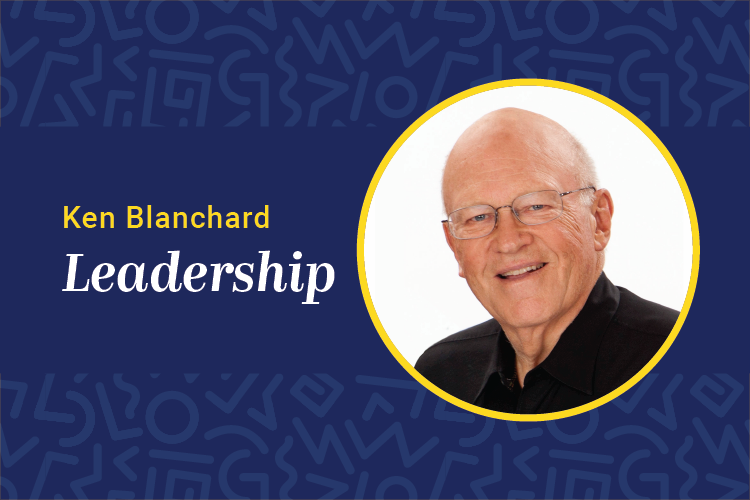Much has changed since my book “Leadership and the One Minute Manager” was published nearly 30 years ago. Workforces are more diverse, workplaces are less centralized and technology has revolutionized business communications.
Surprisingly, much has remained the same when it comes to managing people. We still need leaders to help people set clear goals, diagnose people’s development level on each task and match their leadership style to the development level of the person they’re leading.
Notice I said “diagnose people’s development level on each task.” Even experienced managers can fall into a trap of seeing people as beginners, moderately competent or highly experienced. Assuming that because people are experts in one aspect of their job, they’re experts in all aspects can lead to poor performance. Most of us have areas where we’re still learning and need leadership.
For any task, people can be at one of four development levels, depending on their experience and commitment. Your job is to identify and understand those levels and adjust the support you give or receive accordingly. Here’s a brief overview:
Level 1: Enthusiastic beginner. Appropriate leadership style: Directing
Enthusiastic beginners are eager to get started on a task, even though they have not demonstrated expertise. For this task, regardless of the status or tenure of the person being led, the leader needs to provide specific direction about goals, show and tell how, and closely monitor performance so they can provide frequent feedback on the individual’s results. For example, you may have been an enthusiastic beginner if you started a new fitness program at the beginning of the year. Maybe a trainer helped you set goals and provided direction and feedback.
Level 2: Disillusioned learner. Appropriate leadership style: Coaching
This level usually sets in after an individual has been unsuccessful at a new task. Enthusiasm turns to discouragement and insecurity, and the leader needs to provide direction on how to attain the goal or finish the task. The leader should explain why, solicit suggestions, and begin to encourage involvement in decision-making.
For new year exercisers, the disillusioned learner stage sets in around the end of February. It gets harder to make time for exercise, and changing eating habits is more difficult than expected. You need a coach to direct you to stay on task.
I spent years as a disillusioned learner when it came to fitness. I had been teaching business leaders to provide coaching support to their disillusioned learners for decades. Finally a light bulb went off, and I realized I needed a coach to help me keep my fitness on track.
Level 3: Capable but cautious performer. Appropriate leadership style: Supporting
Once a person has demonstrated skill with a task, the leader and the individual make decisions together. At this stage people may be competent but still need the leader to bolster their confidence and motivation. The leader’s role is to listen, draw out, encourage and support. Working with my co-author and coach, Tim Kearin, I dropped more than 40 pounds and have achieved my strength, balance and flexibility goals. For the most part, I’m now a capable but cautious performer, and occasionally a self-reliant achiever (see below) when it comes to my fitness routine. However, I still need support so I don’t get bored and lose commitment.
Level 4: Self-reliant achiever. Appropriate leadership style: Delegating
Once an individual becomes an expert at a task, the leader allows the individual to make most of the decisions about what, how and when. Because the individual can achieve goals with little direction, the leader’s role shifts to valuing the individual’s contributions and supporting his or her growth.
Understanding a person’s development level and providing the appropriate leadership can help people reach goals they’ve never achieved before. So take an extra minute with your people to diagnose their development level on each goal-related task, and give them the leadership style they need. You’ll both be glad you did.
Ken Blanchard is chief spiritual officer of The Ken Blanchard Cos. and co-author of “The One Minute Manager.” He can be reached at editor@CLOmedia.com.















